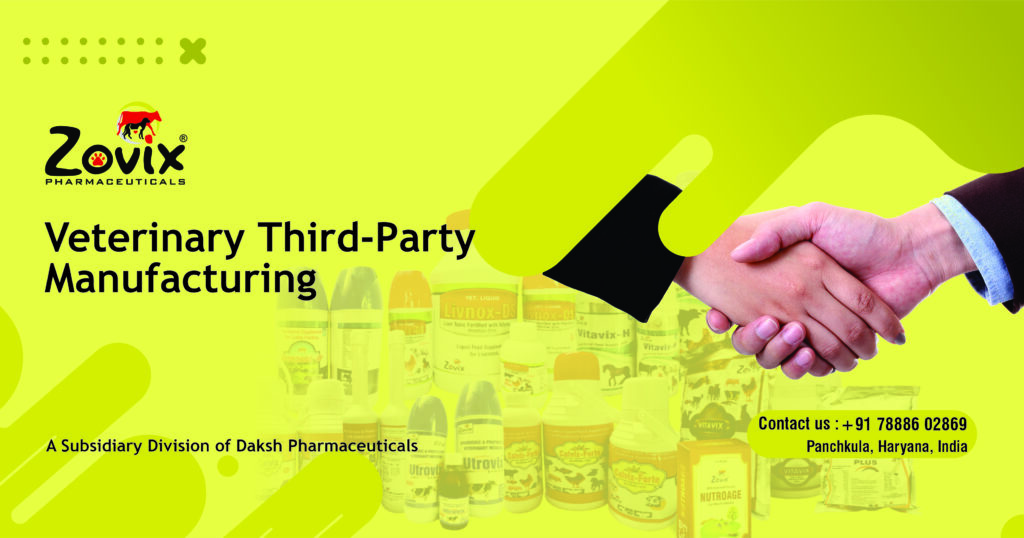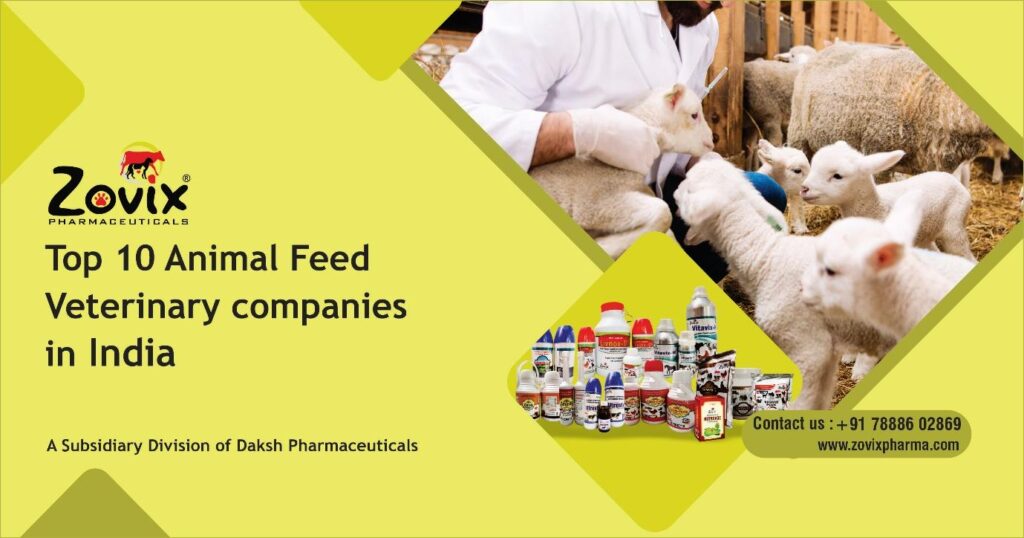Veterinary third-party manufacturing, also known as contract manufacturing, involves outsourcing the production of veterinary products to a specialized manufacturing facility by a brand or company. This arrangement offers several benefits to veterinary pharmaceutical companies. Here are some key advantages:
1. Cost Efficiency:
One of the primary benefits of veterinary third-party manufacturing is cost efficiency. Setting up and maintaining a manufacturing facility can be expensive, involving substantial infrastructure, equipment, and personnel investments. By outsourcing manufacturing to a third party, companies can reduce their capital expenditure and operational costs.
2. Focus on Core Competencies:
Veterinary companies can concentrate on their core competencies such as research and development, marketing, and distribution by outsourcing manufacturing responsibilities. This allows them to enhance their overall efficiency and effectiveness in these areas without the distractions of managing complex manufacturing processes
3. Flexibility and Scalability:
Third-party manufacturing provides flexibility in production volume and the ability to scale up or down based on market demand. This flexibility allows veterinary companies to adapt to changing market conditions without the financial burden of maintaining excess production capacity.
4. Access to Expertise and Technology:
Contract manufacturing facilities often possess advanced technologies, expertise, and specialized knowledge in the production of veterinary pharmaceuticals. By partnering with a third-party manufacturer, companies can leverage these capabilities without having to invest in and maintain such technologies themselves.
5. Regulatory Compliance:
Veterinary third-party manufacturing facilities are typically well-versed in regulatory requirements and compliance standards for the production of pharmaceuticals. This helps companies ensure that their products meet the necessary regulatory standards, reducing the risk of non-compliance issues.
6. Speed to Market:
Contract manufacturing can expedite the time-to-market for new veterinary products. Since third-party manufacturers are already equipped with production facilities, the development and manufacturing process can be streamlined, enabling quicker product launches in response to market demands.
7. Risk Mitigation
Outsourcing manufacturing to a reliable third party can help mitigate risks associated with production uncertainties, regulatory changes, and market fluctuations. It allows veterinary companies to share these risks with the manufacturing partner, fostering a collaborative approach to risk management.
8. Quality Assurance
Reputable third-party manufacturers often have stringent quality control measures in place. By entrusting manufacturing to a facility with a proven track record in quality assurance, veterinary companies can enhance the reliability and consistency of their products.
9. Reduced Time and Resource Commitment
Setting up and managing an in-house manufacturing facility requires significant time, effort, and resources. Third-party manufacturing allows veterinary companies to avoid these resource-intensive processes and focus on their core business functions.
10. Customization and Specialization
Contract manufacturing enables companies to work with specialized facilities that may have expertise in specific types of veterinary products. This specialization can lead to higher product quality and innovation in line with the unique requirements of the market.
In conclusion, veterinary third-party manufacturing offers a strategic and practical approach for companies seeking to optimize their operations, reduce costs, and maintain a competitive edge in the dynamic veterinary pharmaceutical industry.



